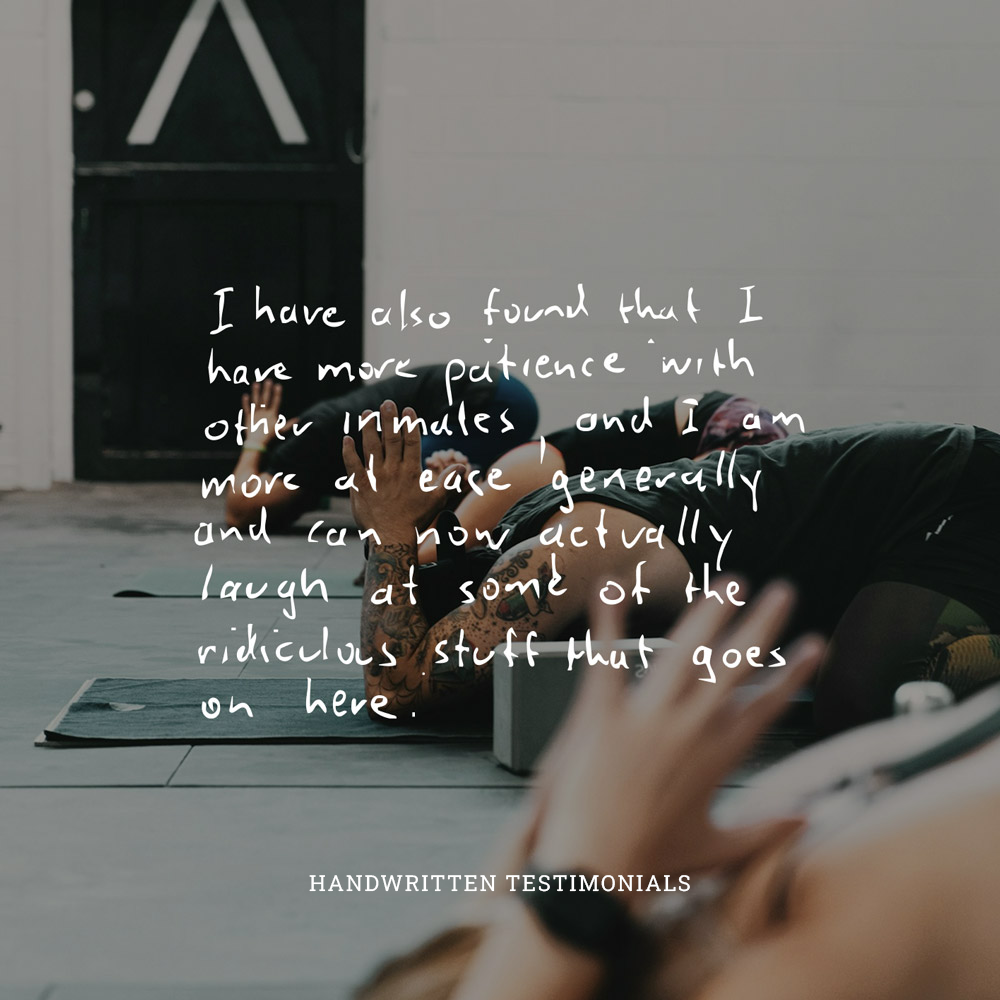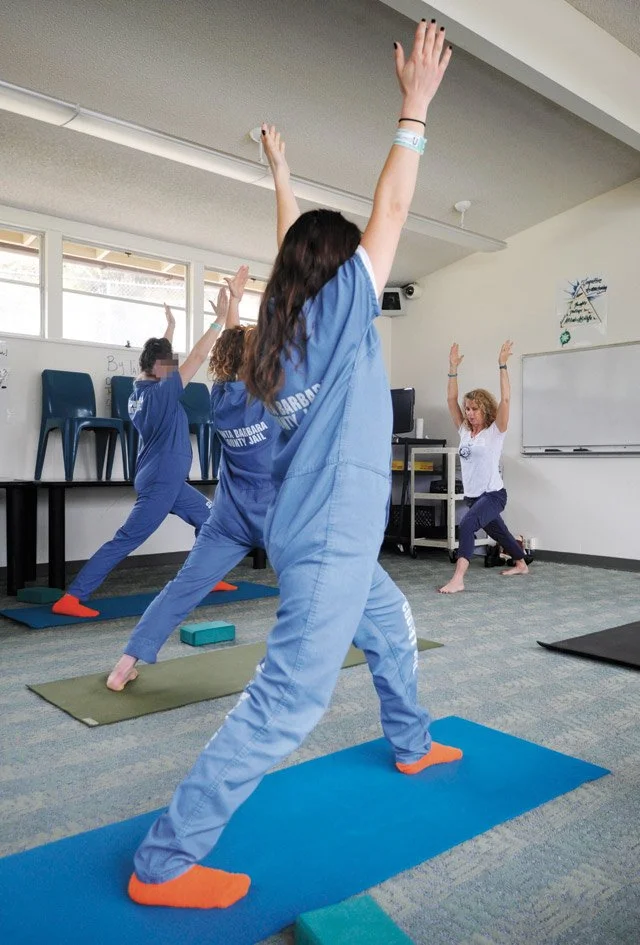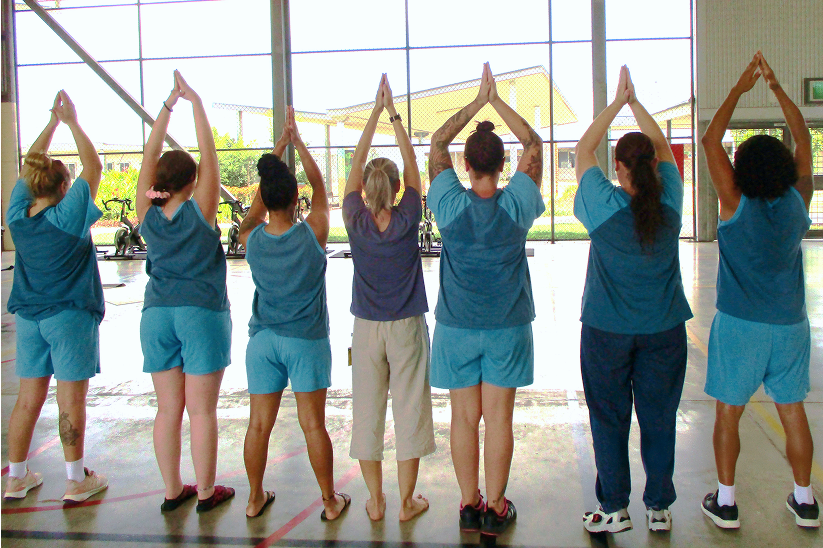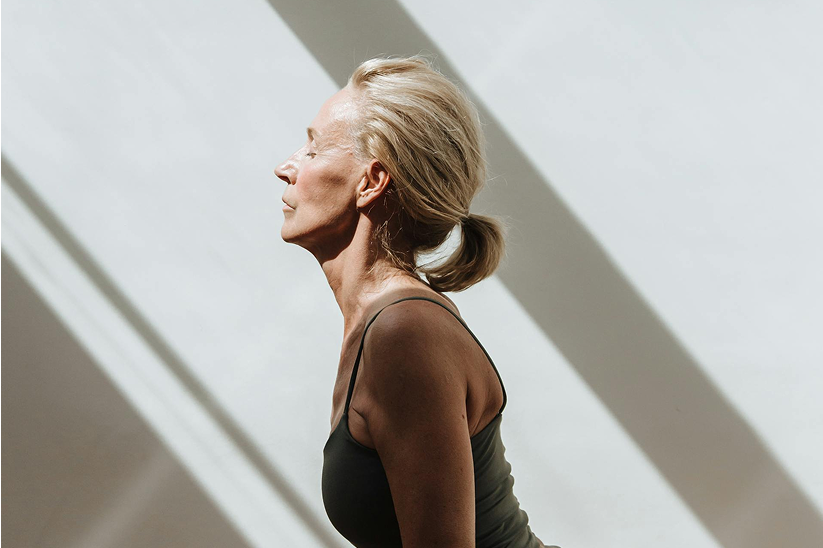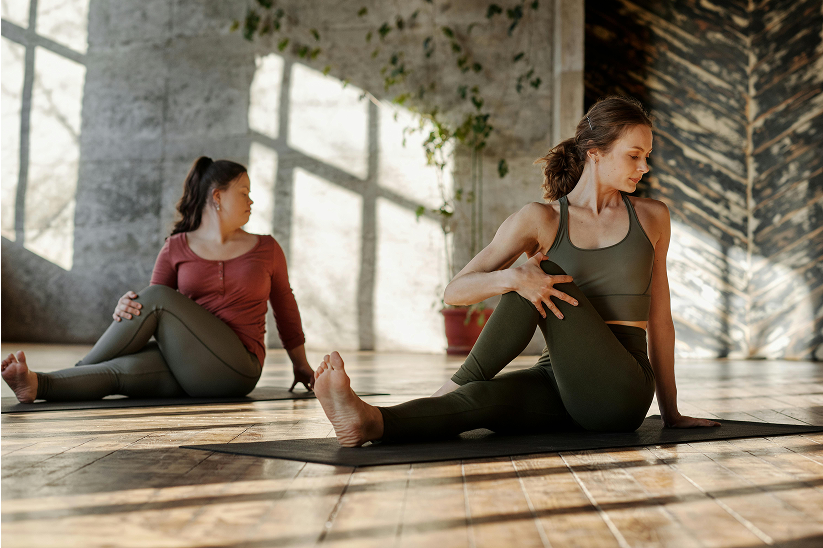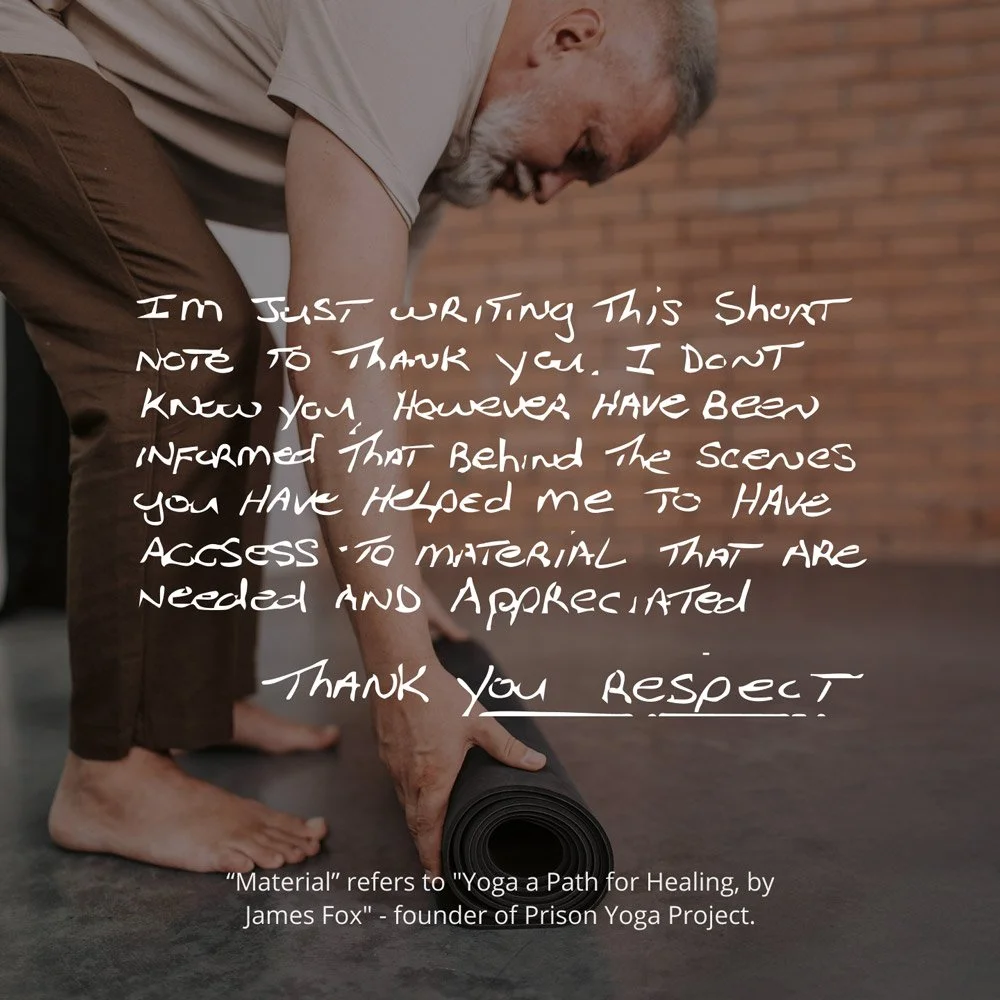Thriving Not SurvivingMaking yoga accessible to everyone
Providing trauma-informed yoga and embodied mindfulness tools and practices.
Some of our proud partners:
Our MissionTo make yoga a practice that is accessible to all members of the community, in particular those who are on the fringes or marginalised. The benefits of these practices create a ripple effect which benefits the whole community.
Our Purpose
Yoga on the Inside provides individual and group classes for people who are experiencing, or have experienced, trauma or trauma-related symptoms.
Through the practice of yoga and embodied mindfulness, we invite individuals to develop a toolkit of skills and techniques they can draw on in daily life, especially during times of uncertainty, stress, or upheaval.
Our trauma-informed approach incorporates breath awareness, meditation, and mindful movement through asana (yoga poses), all integrated with the breath.
The research tells us that these practices support individuals to:
Better connect with themselves and others - improve relationships
Manage stress and anxiety, including emotional regulation
Reduce impulsive behaviours
See a reduction of symptoms of trauma, including dissociation and other mal-adaptive coping strategies
Our Impact
We’re proud of the impact we’ve made and grateful for the trust placed in us by our participants and partners. As we grow, we remain committed to expanding our reach and deepening our support for those navigating trauma.
2200+
Classes Conducted in 2024
3000+
Participants Served in 2024
20+
Partner Organisations
6+
Years of Service
Our Services
Prison, Community Corrections, and Immigration Detention
Youth at Risk or in Detention
Family and Domestic Violence
Community Group Settings
Private Sessions
Speaking, Mentoring, & Coaching
Contact Us
Curious to find out more about our programs or looking to start a program for your organisation?
TestimonialsHand-Written Messages
We receive heartfelt handwritten messages from participants, including those in correctional centres, sharing how yoga has brought healing and strength into their lives - read their stories.


